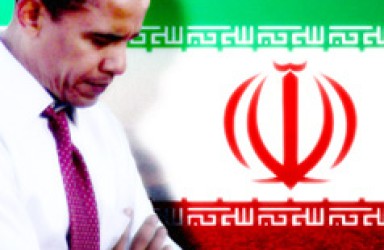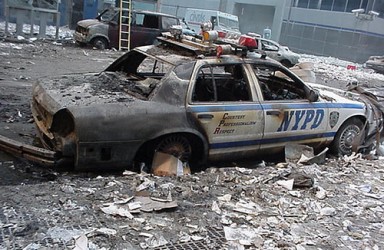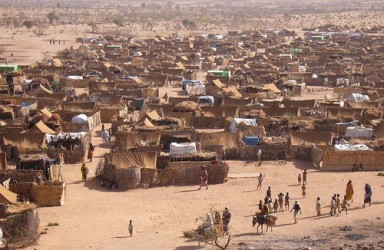Assessing the Arguments For and Against Nuclear Proliferation
Nuclear Proliferation is both an enduring critical matter in international security and a source of heated debate amongst the various ideological schools of thought in international relations. Although specific disputes can be assessed based upon which one is side is more effective with their argument, the general debate is much more ambiguous.
Deterrence and Terrorism in the Modern Era
The efficacy and applicability of deterrence depends on the broader question of how one conceptualises and defines terrorism, and whether one deems terrorism insurmountable and ‘evil’ or recognises root causes, legitimate grievances and pathways to accommodation.
Thomas Hobbes vs. Carl Schmitt
Carl Schmitt is referred to as the Thomas Hobbes of the 20th century due to his tendencies to base his philosophies of the 18th century realist. In the following essay, it will be explained how the realist philosophies of both, the more modern, and the original Thomas Hobbes hold not only similar views but also contrast on key international relations topics. Although Thomas both are classed together as realist, they are nonetheless completely dissimilar on how they define the international system
Will the Cluster Munitions Convention prove ineffective?
Cluster munitions consist of a ‘container’ that contains a number of smaller sub-munitions or ‘bomblets’ which scatter over a large area and explode on impact. The Convention on Cluster Munitions 2008 is set to come in to force on the 1st of August 2010; hailed as an historic addition to International Humanitarian Law, it seeks to prohibit to use, production, stockpiling and transfer of cluster munitions.
Have Eurosceptic Fears About British Sovereignty Been Realised?
If Britain were to break free of Europe it would flounder as the rest of the world passes by, carrying Britain in its current, with Britain having no control over its heading. This would mean that the citizens of Britain, rather than being active entities whose actions and ideas are amplified by the EU, would be reactive to forces outside of their control in a small and powerless, but foolishly proud, nation state.
The Dalits of India: education and development
There have been many attempts to help increase the quality of life for the Dalits through development focused on enrolment in primary education. But, can education-based development programs work?
The Responsibility to Protect: a new response to humanitarian suffering?
The “responsibility to protect” principle (R2P) has radically transformed the international community’s approach to major cases of humanitarian suffering, shifting its focus from “intervention” to “prevention”. Nevertheless, the tragic case of Darfur has clearly demonstrated its limitations.
Terrorism’s Path: The Protection of the People in the Violence of our Era
This paper is an investigation on the conflict of our generation. From the ashes of the War on Terror arises the need to not only investigate the course of our actions, but also our understanding of those forces and phenomena to which we are committing both blood and treasure.
The uses and misuses of psychological practices in order to achieve national security objectives
In recent years, there has been an increase in interest in how Security Services around the world operate. The interrogation of prisoners and claims of torture by certain agencies have been widely condemned. Being able to demand Fairtrade chocolate has led many to believe that there is a possibility of Fairtrade intelligence and national security
The Role of Reason in the Northern Ireland Peace Process
What is deemed ‘reasonable’ is not abstract and objective, but malleable. Due to this conflicting definition of what was ‘reasonable’, it became impossible for the warring sides to be reconciled.








